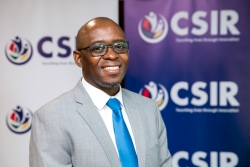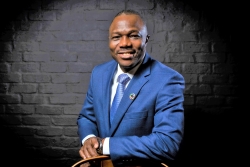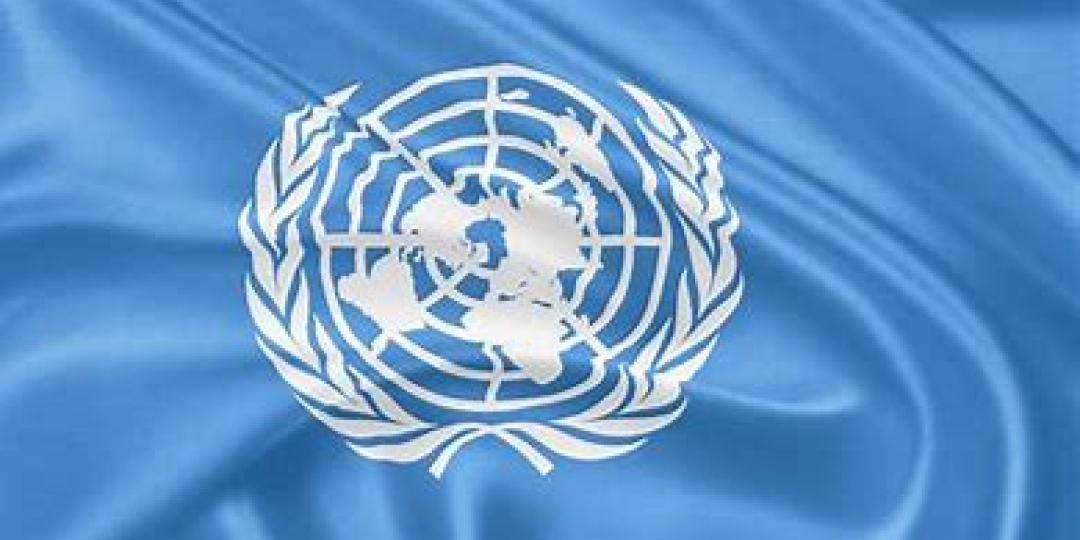The Council for Scientific and Industrial Research (CSIR) and the United Nations Development Programme (UNDP) will strengthen research, development and innovation (RDI) into the fourth industrial revolution and digitisation; this will promote digital inclusion and the creation of socio-economic opportunities in information and communications technology (ICT) in South Africa.

In August 2021, the CSIR CEO, Dr Thulani Dlamini, and the resident representative of UNDP South Africa, Dr Ayodele Odusola, signed a Memorandum of Understanding to deepen their collaboration, which will see the parties working together on scientific and technological research to improve the performance of the economy and essentially address the triple challenges of poverty, inequality and unemployment on the continent.
The CSIR and UNDP have already been working together to bridge the digital divide in South Africa. The two organisations are working with various local partners to accelerate the rollout of low-cost internet through the CSIR’s television white spaces technology. The pilot project aims to provide internet access to rural communities in the Eastern Cape, Free State, KwaZulu-Natal and the Western Cape, and empower communities to access new socio-economic opportunities.
In the next three years, the two organisations will focus on the following (amongst other things):
- finding solutions to respond to and recover from the COVID-19 pandemic in South Africa and the rest of Africa;
- leveraging indigenous knowledge in RDI to develop products and services for human, environmental, and economic development; and
- enhancing the participation of youth, women, persons with disabilities and the previously disadvantaged in science, technology, engineering, mathematics and entrepreneurship.
“The CSIR is pleased to join hands with the UNDP, an organisation that has its interest firmly focused on accelerating technology development on the African continent. We will leverage our technological capabilities and drive sustainable digital connectivity for the development of small businesses. This will benefit rural and underserved communities to achieve sustainable socio-economic development and digital inclusion. This speaks directly to the CSIR’s mandate to improve the quality of life of South Africans through science and technology,” says Dr Dlamini.
The UNDP plays a critical role in helping countries worldwide achieve the UN's sustainable development goals. The organisation

operates in about 170 countries and territories worldwide, and its mandate is to help eradicate poverty, reduce inequalities and exclusion and build resilience, so that countries can achieve and sustain progress.
“In the UNDP, innovation is the currency of development. Co-creating development solutions through innovation that leaves no-one behind is key to achieving the national development plan and the sustainable development goals. The UNDP-CSIR partnership aims at using innovation ecosystems to end poverty, reduce income inequality, promote job opportunities and safeguard the planet,” shares Dr Odusola.














